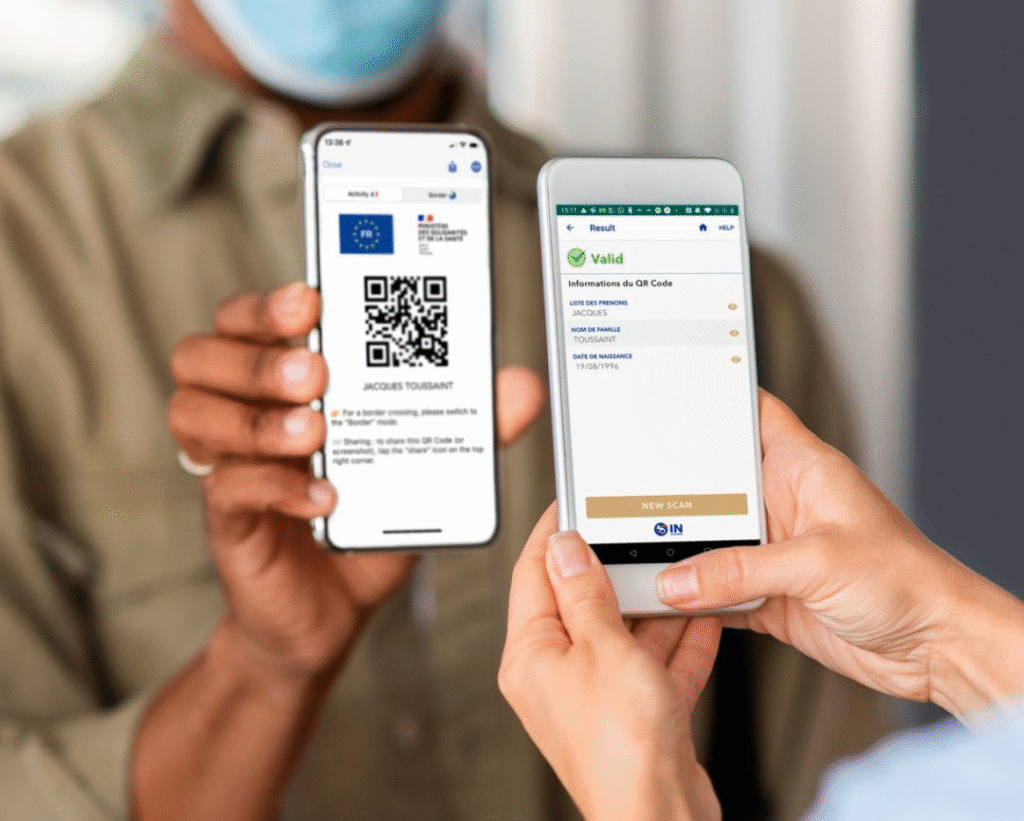Real Estate Law Kenya
Real estate law in Kenya is shaped by a modern legal framework designed to bring transparency, protect ownership, and reduce fraud in land transactions. Since the adoption of the 2010 Constitution and the Land Reform Acts of 2012, property rights have been consolidated under clear, enforceable laws that every buyer, seller, and developer must understand.
Whether you’re purchasing a plot in Nairobi or investing in a joint venture in Mombasa, knowledge of real estate law in Kenya is essential to secure your asset.
Core Laws Governing Real Estate in Kenya
1. The Constitution of Kenya (2010)
- Article 40 guarantees the right to own land for all citizens.
- Article 68 mandates the state to enact laws for transparent land management.
- Recognizes customary, freehold, leasehold, and trust land as legal tenure types.
2. The Land Act (2012)
This is the cornerstone of modern property law. It covers:
- Land use and administration
- Procedures for buying, transferring, and subdividing land
- Rights of spouses (automatic spousal consent required for sale)
- Regulation of land agents and developers
3. The Land Registration Act (2012)
Standardizes how land is registered and titles are issued:
- Maintains the Central Land Registry
- Requires all transactions to be recorded for validity
- Introduces electronic land registration (e-citizen portal)
4. The Registered Land Act (Cap 300)
Still applies to registered freehold land in urban areas, though being phased in favor of the new Acts.

Key Legal Principles in Kenyan Real Estate
1. Due Diligence is Mandatory
Before any purchase, a land search must be conducted at the relevant Land Registry to:
- Confirm ownership
- Check for liens, charges, or court orders
- Verify physical boundaries match the title
Only a licensed advocate can conduct a legal search.
2. Spousal Consent Required
Under Section 34 of the Land Act, if land is family property, written consent from a spouse is required for sale—even if only one name is on the title.
3. Types of Land Ownership
- Freehold: Full ownership in perpetuity (mostly in urban areas)
- Leasehold: Long-term lease (e.g., 99 years) from the government or private entity
- Customary: Traditional land rights in communal areas (e.g., ASAL regions)
- Trust Land: Managed by county governments for community use
Foreigners can own leasehold property but require government approval for certain transactions.
4. Title Deeds & Registration
All transfers must be registered to be valid. The new system uses:
- Title Numbers (e.g., LR No. 12345)
- Digital verification via e-citizen and Ardhisasa platforms
- Fraud prevention features (holograms, QR codes)

Common Legal Risks & How to Avoid Them
🚫 Fraudulent Sales
- Fake title deeds or impersonation of owners
✅ Solution: Always use a lawyer to verify identity and conduct a search
🚫 Boundary Disputes
- Poorly surveyed plots or overlapping claims
✅ Solution: Request a cadastral survey and site inspection
🚫 Unapproved Developments
- Building without NEMA or county approval
✅ Solution: Confirm project legality before investing
🚫 Lack of Spousal Consent
- Can void a sale years later
✅ Solution: Obtain notarized consent during transaction
Role of Key Institutions
| Ministry of Lands & Physical Planning | Oversees land registration and title issuance |
| Law Society of Kenya (LSK) | Regulates advocates handling property transactions |
| Survey of Kenya | Conducts mapping and boundary demarcation |
| County Governments | Approve developments and collect land rates |

FAQs
Q: Is a handshake sale legal in Kenya?
A: No. All land transactions must be in writing, witnessed, and registered to be legally enforceable.
Q: Can a foreigner own land in Kenya?
A: Foreigners can own leasehold property (up to 99 years). Freehold ownership is restricted, but possible through a local company with special approval.
Q: How long does land transfer take under Kenyan real estate law?
A: Typically 4 to 8 weeks, depending on registry workload, document completeness, and whether objections arise.
Copy
Ask
Explain
Translate(en-US)


